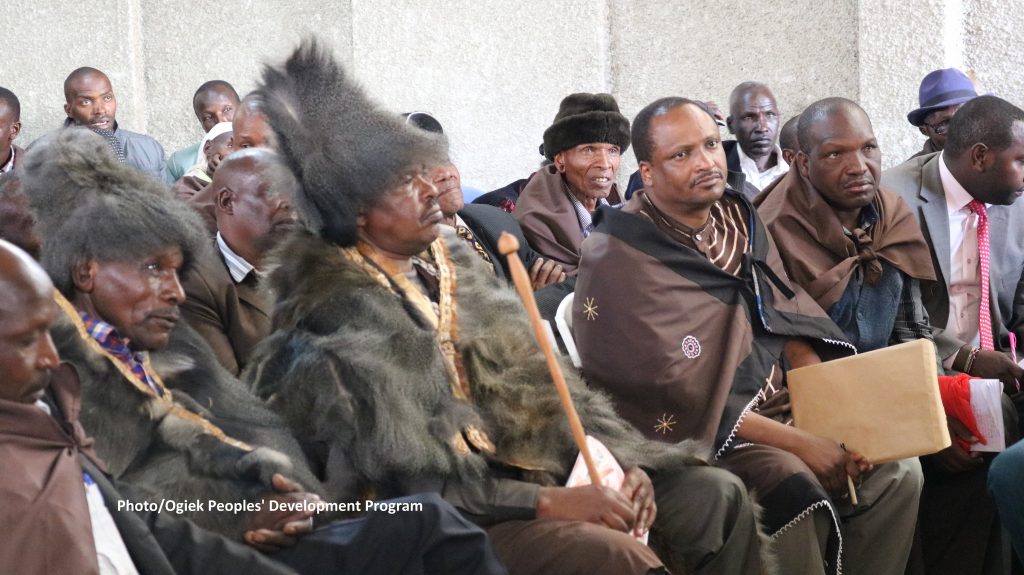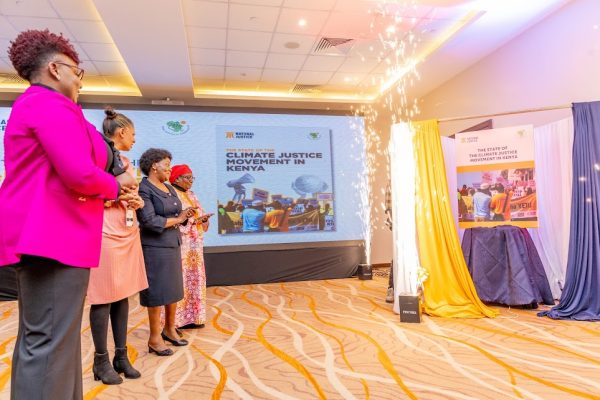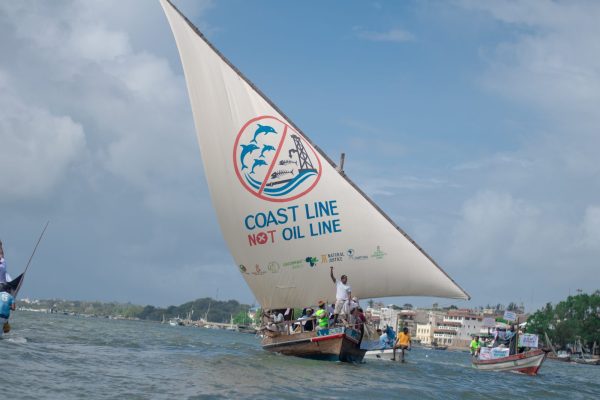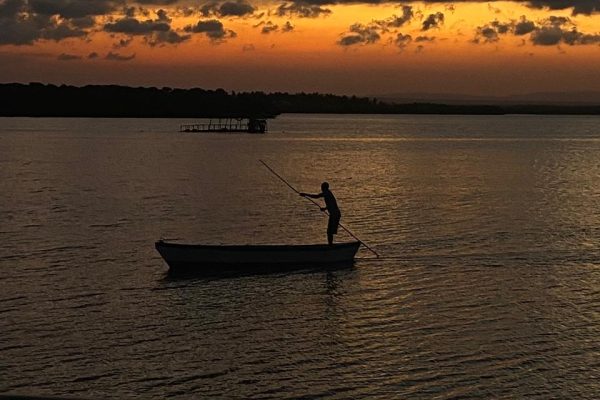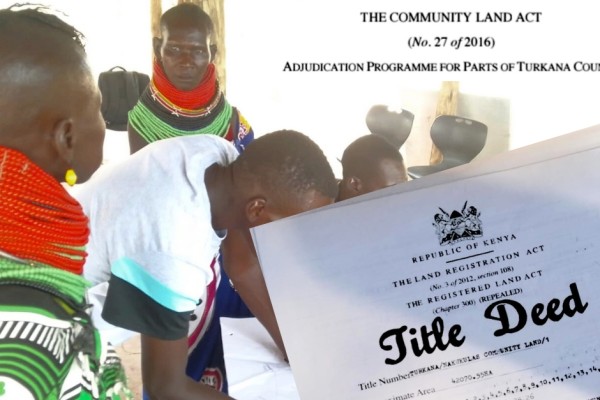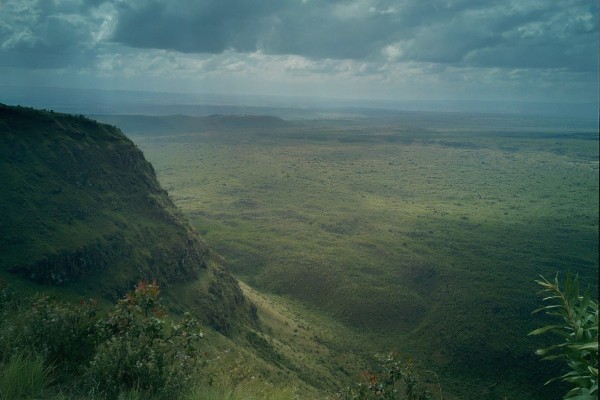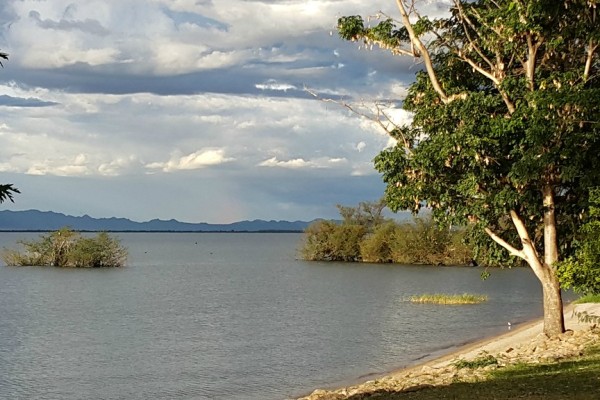If sustainable development had a nickname, I believe it would be dubbed “the art of balancing”.
It is an art that calls upon decision-makers to strike a delicate balance between economic, social, political and environmental interests when developing and implementing laws, policies, and projects likely to impact people in one way or the other. For this reason, communities, who are not only guardians of the environment and natural resources but also bearers of the greatest burden resulting from environmental degradation, must have the greatest say.
Unfortunately, Indigenous Peoples and Local Communities have traditionally been afforded very limited space at the negotiation table. Even where participation opportunities are given, their voices are hardly taken into consideration. Instead, governments and private investors perceive communities as enemies of development and the drivers of biodiversity loss. Most efforts to conserve the environment have, therefore, indiscriminately targeted indigenous communities, as demonstrated through the Ogiek and Sengwer cases in Kenya. This has culminated in forced evictions from their ancestral lands, all thanks to what governments call a “conservation initiative”.
In the wake of an era where we are suffering from the climate crisis, there is a need for more transformative and innovative ways of solving complex environmental issues, ranging from land rights to climate change, in a collaborative way. The global move towards community and indigenous peoples led conservation methods is due to the recognition that the way we’ve been doing things is not working. The question that then arises is how to ensure that we strike a balance between the interests of all stakeholders, bearing in mind that conservation initiatives are important, but at the same time being conscious of the negative impacts such projects can have on the lives of indigenous communities.
In order to ventilate these issues, Natural Justice has organized an Environmental Justice Forum to be held on 8 October 2019 at PAWA 254. It will bring together Indigenous Peoples and Local Communities, as well as experts, to amplify the voice of the voiceless. This Forum will engage representatives from the Ogiek and Sengwer communities in a brainstorming session aimed at establishing ways through which an all-inclusive environmental governance system can be achieved. Led by a panel of five key speakers, the forum will focus on four discussion areas including: the role of indigenous communities in the conservation of natural resources; reconciling community and public land tenures; the place of climate change in the conservation of natural resources; and the involvement of indigenous communities in natural resource governance.
In the spirit of solidarity, we invite members of the public to take time and join us on this day as we discuss these issues which are of public importance.

